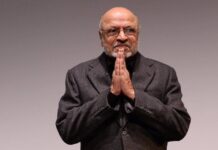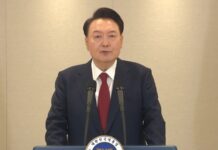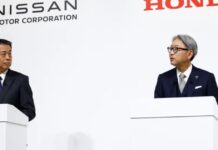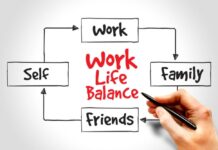In the midst of President Yoon Suk Yeol’s controversial martial law decree, South Koreans discovered an unusual way to express their outrage this December. Serious political grievances served as the basis for the protests, but satire, humour, and a dash of the whimsical filled the streets.
A Spoonful of Humour Amid Fury
Protesters carried more than just standard banners. To show support and have their voices heard, they turned to satire. Messages from fake groups such as the “Dumpling Association” or groups mentioning popular foods like pizza and red bean pastries were frequently seen on flags.
For some, like 28-year-old Kim Sae-rim, the humour was personal. Waving the flag of the imaginary Dumpling Association, he explained, “I just wanted to show that we were here as part of the people, even if we aren’t actually a part of a civic group.” The creative approach resonated widely, with images of these flags going viral on social media.
The Tradition of Satirical Protests
South Korea’s history of satire-infused protests is not new. Veteran demonstrator Kwon Oh-hyouck pointed to similar expressions during the rallies that led to the impeachment of President Park Geun-hye in 2017. “People satirise serious situations, even when those in power come out with guns and knives,” he said. “They are not intimidated.”
The humour wasn’t just about poking fun. It was about making the protests accessible to a wider audience. The flags and signs served as symbols of unity, showing that even those unaffiliated with political organisations felt compelled to speak out.

Read more: South Korean President Yoon Suk Yeol Impeached by Parliament
From Homebodies to Motion Sickness Sufferers
A diverse range of fake organisations were drawn to the protests, and each one found a voice in the movement. Flags for “homebodies,” motion sickness sufferers, and even a union of people “running behind schedule” were displayed. The latter group made a joke about how their daily routines had been disrupted by the need to protest.
For many, the humour lightened the gravity of the situation. Historian Lee Kihoon observed that these creative expressions underscored the diversity of people coming together. “They’re saying, ‘Even for those of us who have nothing to do with political groups, this situation is unacceptable,’” he explained.
Lightsticks, K-Pop, and Defiance
Even on the day lawmakers voted to impeach President Yoon, the mood remained spirited. Protesters danced to K-pop songs blasting from speakers and waved their lightsticks in solidarity. For fans like 31-year-old Lee Jung-min, the mix of joy and defiance felt fitting. “Even though this is a serious day, we might as well enjoy it and keep spirits up,” she said.
Humour as a Protest Weapon
The satirical banners and carnival-like atmosphere did more than lighten the mood. They also softened the tension and made the protests inviting. “Even though they’re angry, they haven’t gotten solemn, heavy, or moralistic,” noted Lee Kihoon. The clever humour showcased the resilience and creativity of South Korean protesters, proving that even in the face of serious challenges, laughter can be a powerful form of resistance.
In a time of political turmoil, the humour-filled protests became a reminder that solidarity doesn’t always have to be sombre.
Stay tuned to Brandsynario for the latest news and updates





































